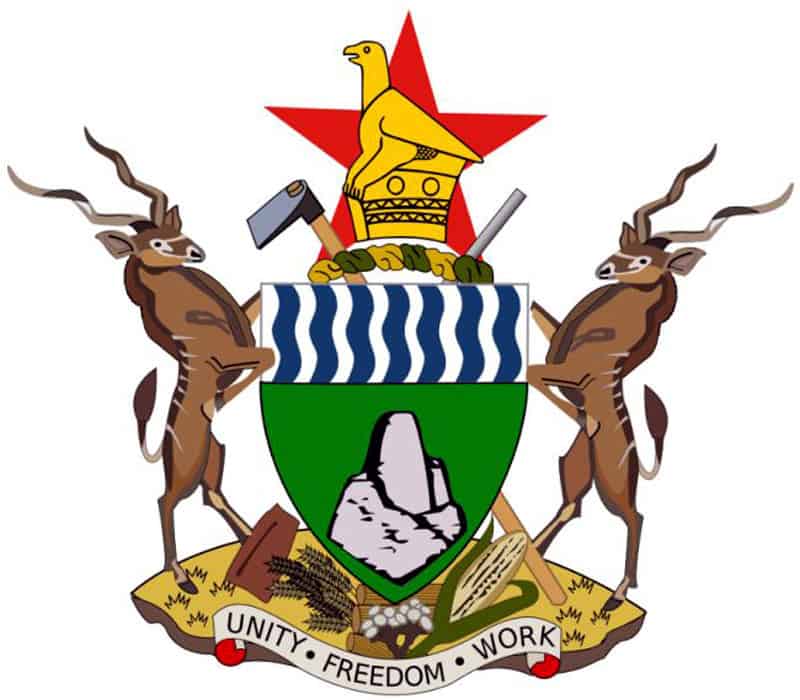The Cabinet on Tuesday resolved to remove the controversial section 40 from the Marriages Bill which recognises civil partnerships.
The Section had met stiff resistance from the public as it was considered to be a move to legalise cohabitation (kubika mapoto).
There has been pandemonium regarding the import of the Marriages Bill, (hereinafter referred to as “the Bill”) which was approved by the Cabinet in 2017. After spirited efforts by every person in Zimbabwe cabinet ordered the offending section 40 to be scrapped.
Cabinet resolves that section 40 recognises civil partnerships be removed from the Marriages Bill.
“In light of our own Cultural and Christian values #Zimbabwe Cabinet resolved that it be removed.” – Attorney General, Prince Machaya said after the cabinet sitting today.
While the bill as a whole carried good intentions some uncultured unknown person introduced section 40 which was pervasive. It allowed partnership outside marriage by both parties. It went further to give the side kick rights into the property which was acquired during the subsistence of the marriage. This meant that prostitute who had one night stint could claim benefits from the matrimonial properties. This was repulsive and the Zimbabwean populace was shocked. Although the bill has some good sections it was the devils moth piece.
Its main objectives are highlighted in the preamble but protest has been raised regarding this particular object – the recognition of civilpartnerships.
Sentiments expressed in the mainstream and social media suggest that the Bill is a threat to the very existence of the marriage institution, particularly the rights flowing from the civil marriage sanctioned under the Marriage Act [ Chapter 5:11], which is monogamous.
Further argument has been suggested that it affords rights and protection to “concubines” or “small houses”thereby eroding the monogamous nature of the civil marriage and would result in ladies or men targeting rich spouses for personal enrichment. It again eroded the significance of Marriage on the country.













